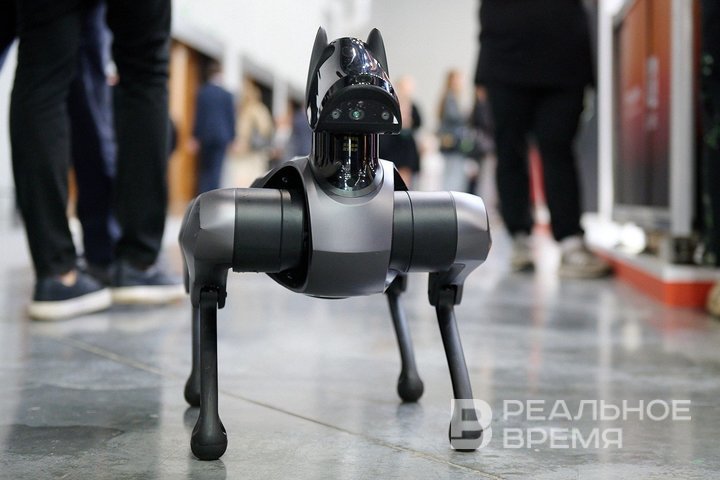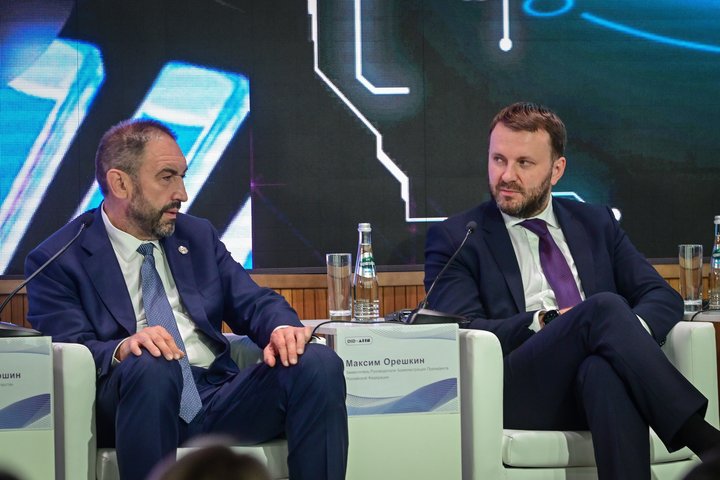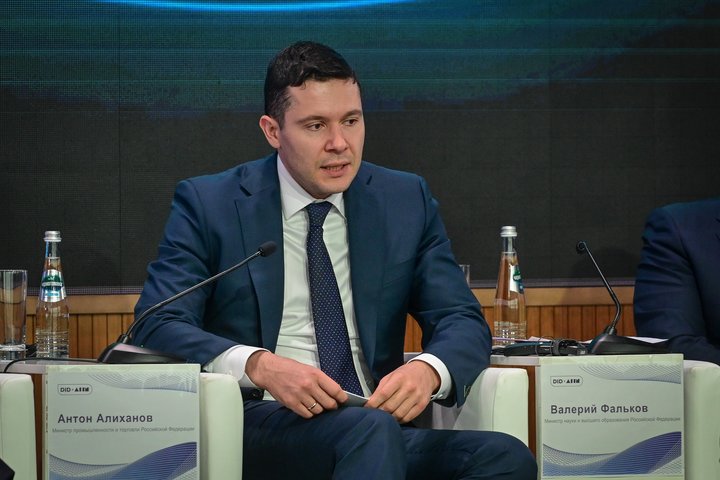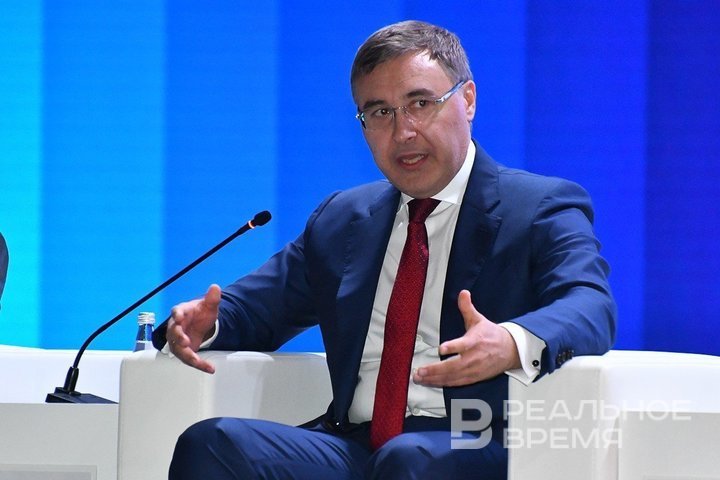Six years and 130 billion rubles to compete with China. What’s stopping Russian robots?
Old solutions to new problems at enterprises and chronic problems of higher education

The number of robots in Russian industry should be increased by 85,000 by 2030. The level of robotisation by the specified date should increase sevenfold — this will allow Russia to enter the top 25 countries in the world. However, there are many problems on the way: higher education lagging behind the needs of the industry, the desire of managers to solve problems with old, ineffective methods, lack of sufficient experience, and more. Read about what challenges does robotisation face in Russia and what are the answers to them in a report of Realnoe Vremya.
130 billion for six years
The widespread use of robots in enterprises will help to cope with the problem of personnel shortages, Deputy Chief of Staff of the Presidential Administration of Russia Maxim Oreshkin expressed confidence at a plenary session in Innopolis. At the same time, with each subsequent step, automation will become more and more profitable.
“We have a whole large support package for both robot manufacturers and those who implement them: a large volume of tax breaks and so on. We need to spin this whole machine so that it gives a direct effect,” he said.

During the plenary session, the country's Minister of Industry Anton Alikhanov added that the authorities were considering about 20 support measures in this area, but they need to be reduced and made more universal.
“We will introduce compensation, discounts on the purchase of robotics for the first few years, while people get used to our solutions. We will provide a discount so that domestic robotics is cheaper,” he noted.
It is planned to allocate about 130 billion rubles for compensation over six years, because it is necessary to compete in technologies with China. Alikhanov identified five key segments on which it is planned to focus: robotic manipulators, collaborative, linear, delta and Scara-type robots.
A sevenfold increase is necessary
According to Alikhanov, the global average growth rate of the level of robotisation has reached 5-6%. According to the federal project, Russia should enter the top 25 countries in the world in this area by 2030. This means that it is necessary to increase production almost sevenfold, the minister believes.
“Our current level of robotisation is 19 industrial robots per 10,000 people. We are talking specifically about the industrial part. This means that by 2030 we need to introduce another 85,000 robots,” he said.

However, it will not be possible to do without problems — Alikhanov identified three of them:
- The desire of most managers to solve problems using old methods — hiring people when there is a shortage of personnel. “Hence the huge number of discussions regarding the required amount of migration influx into our country.”
- The lack of sufficient experience among integrators in restructuring existing enterprises: “Sometimes adapting plants to flexible systems is an expensive and not always obvious path from the point of view of savings for owners.”
- Difficulties with supply chains: “We are faced with the task of completely localizing production, otherwise we risk jeopardizing the entire project.”
Another problem was later identified by the Minister of Science and Higher Education of Russia Valery Falkov — oddly enough, it was education.
The chronic lag of universities behind industry demands
The speed of technological change is so colossal that any educational programs cannot keep up with them, the head of the Ministry of Education and Science believes:
“All new programmes become obsolete as soon as they appear. The main question is how to organize the work of universities so that they chronically do not lag behind employers' demands,” he explained. “Especially since, given such a pace, it is necessary to prepare students both for the existing industry format and for something that does not yet exist.”
According to him, most professions will change so much by 2030 that we cannot even comprehend it at the moment — “they will be radically restructured.”
“The education system is not oriented towards the previous technological order for nothing. It does not exist by itself. The system, based on how the economy and industry are organized, creates standards,” Falkov said. “Then the corresponding courses are prepared, and then, when all this has already settled down, the story rolls out for decades. If we do not change these approaches, everything else is doomed to failure. First of all, it is necessary to change the very concept of a standard.”

There is no answer to the question of what engineering education should be in connection with such a pace of technological development, he is sure. A lot of work is being done in this area.
“It is clear with the higher education system. We don't know how to work with the complementary market educating. You need to be able to work with people who have already graduated from universities and colleges. You need to work with these chains: market demands — retrain people — place them in enterprises. This is a big problem,” the minister identified another sore point.
Falkov summed up: it is necessary to change the standards of the “higher education”, focus on the interaction of universities and industry representatives and review the market for additional education:
“This is embedded in the work of the ministry, we understand this. But the specialised department cannot solve the problem alone. The situation can be improved only by relying on the industry and in close cooperation with colleagues.”